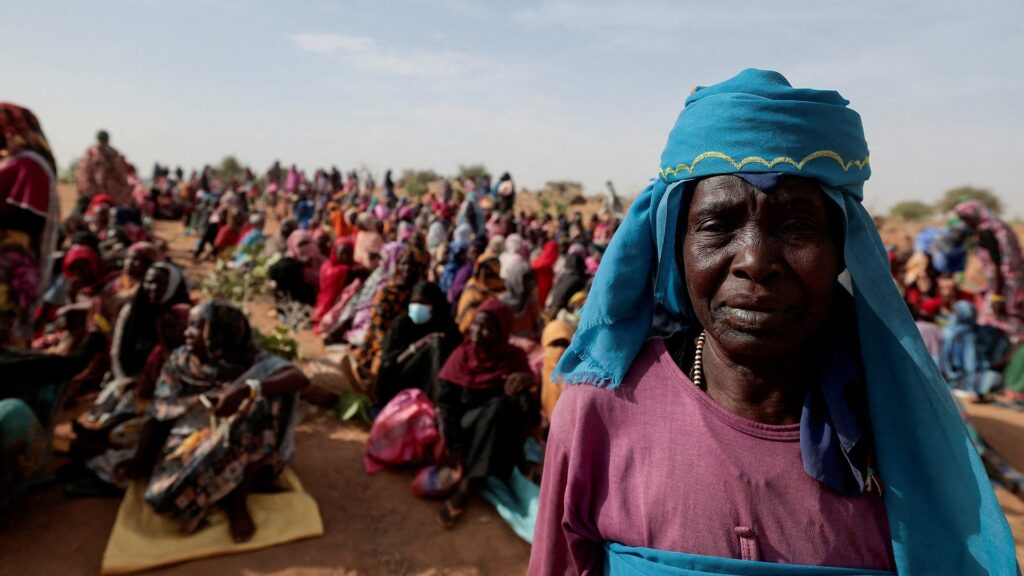Paramilitary Rapid Support Forces (RSF) have launched a violent assault on villages in Sudan’s El Gezira state, resulting in at least 25 fatalities. The attacks came in the wake of the defection of a high-ranking RSF officer, Abuagla Keikal, who is originally from the region. Since December, Keikal’s local forces had managed to stave off incursions from other RSF divisions, protecting civilians from the worst of the violence while maintaining a degree of control over the area.
However, following Keikal’s defection on Sunday, large contingents of RSF soldiers flooded into eastern Gezira, leading to reports of rampant looting, killings, and mass displacement. One activist, speaking anonymously to safeguard their family, noted, “Now they have their chance to do what they want.” The Rufaa Resistance Committee, a pro-democracy organization, reported that at least 25 individuals have been killed in Rufaa, the largest town in the area, as well as in seven other villages since the outbreak of violence. Many residents have been displaced, and homes have been looted, with distressing accounts of sexual violence emerging.
Eyewitnesses from the town of Hilalia described RSF soldiers pillaging markets and medical clinics, although ongoing network blackouts have hampered communication and information flow. The RSF claimed on Tuesday that they had successfully expelled the Sudanese army from the town of Tamboul, where clashes had been intensifying. In a video shared by the RSF, they alleged that the army’s commander in Tamboul was killed alongside 370 other soldiers; however, the army did not release any statements regarding these claims.
In a separate incident, the resistance committee based in the state capital, Wad Madani, reported that 31 people were killed in an army airstrike during evening prayers the previous night. The ongoing conflict between the Sudanese army and the RSF, which erupted more than 18 months ago, has created a catastrophic humanitarian crisis, displacing over 11 million people and leaving half the population facing acute hunger. The situation remains precarious as violence continues to escalate in the region, highlighting the urgent need for international intervention and support.



